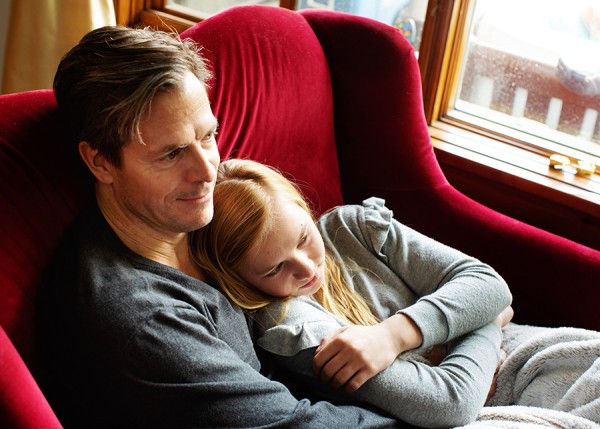
A friend asked my husband and I, “What do you do when your kids talk back?”
I’m slow on the uptick, but my hubby answered immediately, “I listen.”
And it’s true, when our kids disagree, complain and even when they get sassy, we stop and listen to what they have to say. When we truly listen, when our kids feel heard, they are much more willing to listen to our opinions.
Right now, our kids and especially our teens and young adults need us to listen to their complaints, their concerns, their worries and even their lack of worry.
We’re having numerous discussions and more than ever, our kids need us to shut up and listen.
At our house, just like yours, the cancellations have been rolling in: school, church, track team, dance concerts, guitar, orchestra, parties, school trips, prom, graduation, summer camps/jobs/plans, gatherings with friends.
Admittedly, some of the quashed plans were met with more relief than sorrow. We’ve been running at a frantic pace and it’s been refreshing to see events drop off one-by-one, leaving our multi-colored monthly calendar blank and open.
But Hans really wanted to play Ultimate Frisbee. Even after restrictions set in, he justified playing. They met in the park. No one was sick. They wiped down the Frisbee. Everyone is six feet apart… Still, after talking it through, talking it through again and answering some sincere questions, Hans decided not to go. If we’d simply set down the law, we would have missed the opportunity to hear his real concerns (losing connection with his friends) and to better educate ourselves on how the virus spreads.
My son Gabe is a senior this year—he’s missing prom, graduation, awards nights, concerts, games and so much more. Of all the canceled events, he’s most disappointed about an assembly he’d planned for the school.
I let him complain. It’s a loss.
As parents, especially during a crisis, we often feel like we need to give kids perspective, “People are dying, businesses are closing, families are struggling to pay rent and buy food, health care workers are putting themselves in danger—no one cares about your stupid assembly.”
Our kids (even younger ones) are perfectly aware there’s a pandemic going on. To dismiss their fears, their concerns and their losses only shuts down communication. If, as parents, we can’t model empathy for their small sorrows, how can we expect them to feel empathy for the whole of humanity?
Eight-year-old Rose has been dreaming of her ninth birthday for months. In January, she looked up the opening date for a local amusement park, found it would be open for her April birthday, begged her parents, told her friends and even planned her outfit for the glorious event (pink shorts, striped shirt, light blue jacket in case of rain).
When Rose learned her party needed to be canceled because of coronavirus, she began to protest. Rose’s mother, a client in one of our parenting classes, told me, “It felt like a leap of faith, but I decided to listen first and let Rose complain as much as she wanted about her canceled party.”
Rose’s mom silenced her own opinions and truly listened. Rose talked about her quashed dreams of party perfection, her worries about being forgotten on her birthday, her need to feel loved and significant.
“When I decided to let her complain, I thought she would go on for hours.” said Rose’s mom, “Once she realized I was really listening, her anger and fear dissipated pretty quickly. For Rose, it really wasn’t about the party— she just wants to feel loved.”
“Honestly, they whole situation cleared up much faster and much more happily than if I’d tried to argue with Rose or give her perspective on the pandemic. Once we settled on alternate plans for her birthday (a special dinner, homemade cake and Rose’s choice of games all day long), Rose quietly said, “I know there are bad things happening in the world, it’s just my only birthday all year long.””
Listening first doesn’t mean that we don’t correct kids behavior or faulty ideas—it simply means we give them the attention and time to express their concerns.
Some tips on listening:
1. Get closer. Use your feet, not your volume when talking to your kids. Make sure you are close enough to look them in the eye and see their facial expressions.
2. Avoid interrupting, explaining, lecturing, defending your position or giving orders when your child is talking to you.
3. Use non-verbal cues to respond—nod your head, answer with closed lips “Hmmm.” “Uh huh.”
4. Ask questions to help your children find their own answers or solutions. “What do you think would be wise?” “How could we solve that?” “Do you see any risks with that plan?”
5. Show confidence in your child to make good decisions. Let them offer their own ideas before you weigh in with your opinion.
Your children are watching you more than ever. When you model good listening and conflict resolution—especially during stressful times-- you teach valuable skills your children will use for a lifetime.
This post comes from the TODAY Parenting Team community, where all members are welcome to post and discuss parenting solutions. Learn more and join us! Because we're all in this together.
